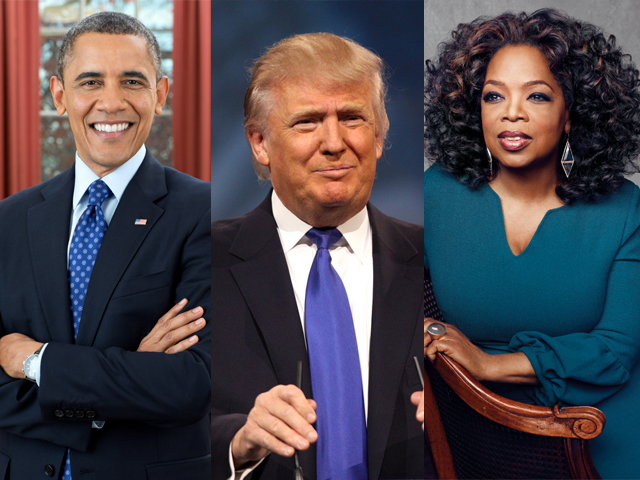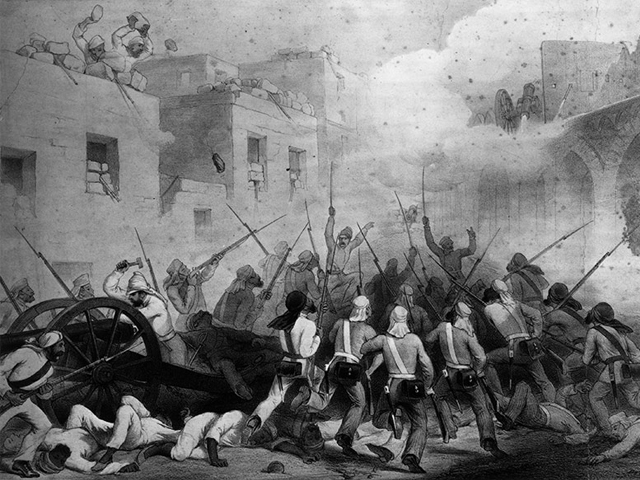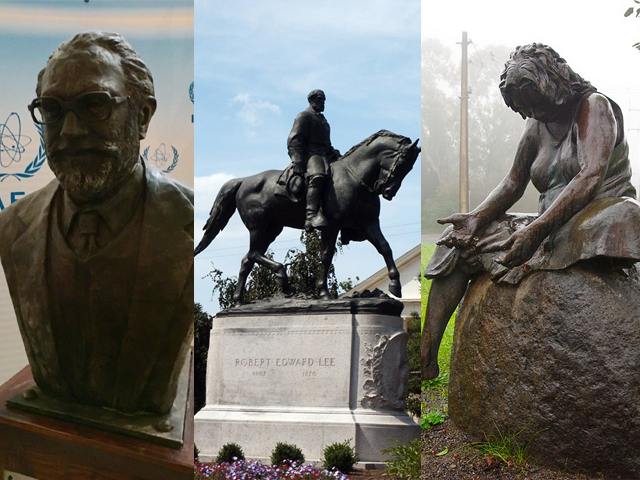
Is Canada the next Anglosphere super power?
The core Anglosphere members function as a board of governors with the US taking on the role of a CEO.
China is snapping at the US’s heels in the race for world leadership. Punters cheer it on, disregarding the significance of the Anglosphere, a multinational composite of domestic prosperity, political sagacity, economic achievement, military prowess and soft power concentrated within the Anglo-Saxon group of five effective countries. The Trump administration will further strengthen this sphere’s dynamism and harness it to its vision.
The active club members are the US, Canada, the UK, Australia and New Zealand—Ireland may be discounted for ineffectiveness. The five are intertwined within the United Kingdom-United States of America Agreement (UKUSA) by seven treaties in intelligence, signals intelligence, communications electronics, technical cooperation, air and space inter-operability and common naval and army protocols only publicly acknowledged in 2005. The group has also achieved notoriety as ‘Five Eyes’ for its maligned Echelon program of electronic eavesdropping.
By size and power, New Zealand’s only qualification for membership is its predominantly Anglo-Saxon ancestry and culture, confirming the Anglosphere’s ethnic profiling. Yet, unforeseen parameters could transform New Zealand’s insignificance the way Britain was transmuted from a nation of fishermen and shepherds dodging raindrops into an empire of perpetual daylight.
So, China and India being outside the Anglosphere’s collegial inner circle, they will either have to form another alliance, or travel economy class.
Despite hopes disguised as analyses, the US’ current situation is not yet comparable with the twilight of the British Raj.
In 1870, the American economy overtook that of Britain which subsequently sang its swan song in the victory celebrations of World War I. But it was only after World War II that the British started becoming American surrogates. Thus, the last elephant took 80 years to die. This one is bigger, stronger, meaner and more cohesive. Unlike the British Empire, its components are neither disparate, nor restive and, are bound by a common cultural, linguistic, political and institutional tradition. Technology, education and infrastructure further extend the US’ shelf life, but it is certainly not infinite.
UKUSA’s Anglo-Saxon glue has kept the Anglosphere a step ahead of the rest of the world by being the best informed through electronic and cyber espionage in further cooperation with Germany, Nordic countries and Philippines.
The core Anglosphere members function as a board of governors with the US taking on the role of a CEO. Canada, gradually overtaking the US just as the latter surpassed Britain, will succeed to the chairpersonship. It has the largest number of college graduates and the third largest oil reserves in the world. Its territory and strategic natural resources exceed those of the US, topped by a smaller, more prosperous and better looked after population. In the top ten world financial centres, Toronto has already moved up two spaces in the rankings to claim eighth position. Furthermore, Canada is discreet and patient. It has been playing second fiddle to the US as in foregoing an auto industry, apparently biding its time.
Nevertheless, it seeks to prepare for its enthronement by inconspicuously encroaching on the US’s trading areas. The CEO does not contemplate immediate retirement but the successor has started preparing.
The freshly negotiated Comprehensive Economic and Trade Agreement (CETA) between Canada and the European Union (EU) was initiated in 2009. When Barack Obama was elected in 2008, he was too busy building his abortive Brave New World to notice CETA and nip it in the bud.
Into the fifth year of his presidency, Obama’s administration realised that the CETA initiative just might be successful. Even without the addition of the North American Free Trade Agreement (NAFTA)—on the future of which Mr Trump has so far cast doubts—CETA would give Canada such a hefty punch that manufacturing cars would become an irrelevance.
Eventually, the US’s Transatlantic Trade and Investment Partnership (TTIP) opened the on-going negotiations with the EU as a companion agreement to the 12-nation Trans-Pacific Partnership (TTP) involving 40% of the world economy. The companion TTIP is now under a cloud, and it is not known whether President elect Trump’s November 22nd announcement of serving a ‘notification of intent to withdraw from the TTP on his first day in office’, will lead to abrogation renegotiation or a replacement series of bilateral deals. If the latter, it would initiate a tussle of overlapping bilateral and multilateral deals by the US and Canada on the EU’s economic battleground.
In response to Canada’s self-interest, the US will reinforce the Anglosphere’s life expectancy and secure for itself a more advantageous position within it. While the mechanics of exercising power will impose their own dynamics, Team Trump will jockey for a privileged outcome on all proposals and inroads from partner nations.
Injecting new life into the US’s chairpersonship does not grant immortality and, the group’s internal rivalry opens no inroads. When push comes to shove, each component of the sphere will interlock with the others—and then snap back to business as usual. As in the two world wars.
Strategically, it is not possible to deal with the collegial Anglosphere as a single entity. Tactically, though, each member conducts sovereign bilateral and multilateral relations.
Partners of the Anglosphere’s member countries have nothing to lose by running with the hare, hunting with the hound, and hedging their bets for the prospective “five-year ban on executive officials becoming lobbyists after they leave the (Trump) administration,” announced by Mr Trump. Long-term economic and cultural ties with each Anglosphere cog, notably Canada, would balance the constraints on tactical manoeuvrability in Washington’s corridors of power.
Any of the 52 commonwealth countries can invert the past disadvantage of colonisation into the benefit of English language based cultural links. They all have vibrant intellectual communities of functional Anglo-Saxons who sustain and thrive on core Anglophone culture. Cultural artisans should be deployed to create a navigable space within the Anglosphere, leading to economic and political opportunities that contribute to a generally safer and more prosperous environment.




COMMENTS (3)
Comments are moderated and generally will be posted if they are on-topic and not abusive.
For more information, please see our Comments FAQ